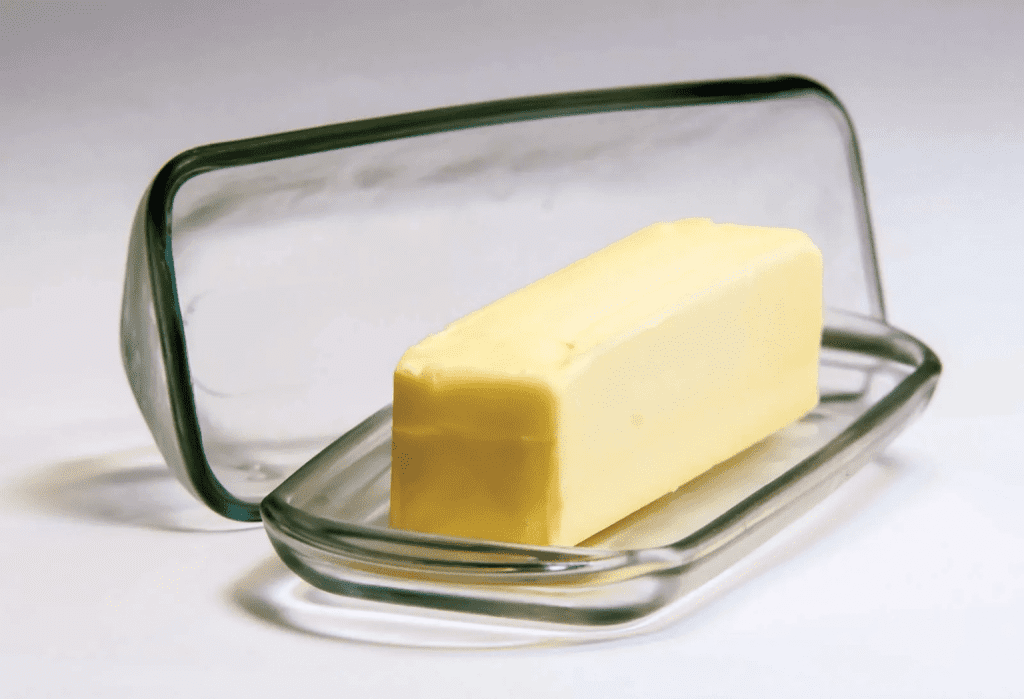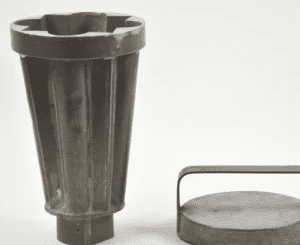Butter is a staple in most kitchens, often found spread on toast, melted over veggies, or added to various recipes. But when it comes to storing butter, many of us are left wondering: should it be kept in the fridge, or is it safe to leave out at room temperature? If you’ve ever found yourself frustrated with cold, rock-hard butter straight from the fridge, you’re not alone. Let’s dive into the details to discover whether butter truly needs refrigeration and how to store it for maximum freshness.

The Science Behind Butter: Why It’s Different from Other Dairy
At first glance, you might think butter should be treated like any other dairy product, such as milk or cheese, and kept in the fridge at all times. However, butter is unique, and there’s a good reason for that.
Butter is made up of about 80 percent fat and has a very low water content, making it less likely to attract bacteria compared to other dairy products like milk, which has a high water content. The low moisture content and high fat concentration mean that harmful bacteria find it difficult to grow on butter, particularly when it’s salted. This difference is what makes butter safe to leave out at room temperature in certain conditions.
Does Salted or Unsalted Butter Make a Difference?
Yes, the type of butter you use does matter. The USDA and food safety experts agree that salted butter can be safely left out at room temperature for several days, sometimes even up to a week, as long as it’s kept in the right conditions. The salt acts as a preservative, inhibiting the growth of bacteria and keeping your butter safe to consume.
On the other hand, unsalted butter lacks this natural preservative, making it more vulnerable to spoilage and bacteria growth. As a result, it’s best to keep unsalted butter in the fridge, especially if you don’t plan to use it within a day or two.
Room Temperature Butter: Perfect for Spreading
One of the biggest perks of leaving butter out on the counter is that it stays soft and spreadable. If you’ve ever tried to spread cold butter on toast or a bagel, you know the struggle is real. Cold butter doesn’t spread evenly and often tears through delicate bread.
When kept at room temperature, butter is much easier to spread and gives your breakfast or baked goods a smooth, creamy texture. You can keep a small amount of salted butter in a butter dish with a lid on the counter for easy spreading, and replenish it from the fridge as needed.
How Long Can Butter Stay Out?
If you’re keeping salted butter at room temperature, it can typically last up to one week without spoiling, as long as it is stored in a covered butter dish or container to protect it from air and light. Exposure to oxygen can cause butter to oxidize, leading to a change in taste or the development of rancidity.
For unsalted butter, it’s best to only leave it out for a short period—no more than a day. Beyond that, it should go back into the refrigerator to prevent spoilage.
Proper Storage Methods for Butter
Whether you prefer to store butter in the fridge or on the counter, proper storage methods can extend its shelf life and maintain its flavor. Here are some tips for keeping your butter fresh, no matter where you store it:
1. Use a Butter Dish with a Lid
When storing butter on the counter, always use a butter dish with a lid to protect it from exposure to air and light. This will help prevent oxidation and contamination, keeping your butter fresh and flavorful for longer.
2. Store Unused Butter in the Fridge
If you’re not using all of your butter at once, store the unused portion in the fridge to preserve its quality. Butter stored in the refrigerator can last up to one month in its original wrapper, or even longer if kept in an airtight container.
3. Freeze Butter for Long-Term Storage
Butter freezes exceptionally well. If you’ve bought butter in bulk or don’t plan to use it right away, you can store it in the freezer for up to six months. Just make sure to wrap it tightly in plastic wrap or foil to prevent freezer burn.
4. Keep Butter Away from Strong Odors
Butter easily absorbs strong smells from the refrigerator or the kitchen. To prevent this, always store it in an airtight container, and make sure it’s not near foods with strong odors like garlic or onions.

Why Butter Is Safe to Leave Out During Power Outages
Interestingly, the USDA lists butter as the only dairy product that’s safe to keep during a power outage. While milk and cheese can spoil quickly when not refrigerated, butter remains safe for consumption, thanks to its high fat content and low water activity. This is good news for anyone who’s ever worried about what to do with their butter when the fridge loses power. Salted butter, in particular, is even more resilient due to its preservative properties.
Can Butter Really Spoil?
Yes, butter can spoil, but it’s not as likely to happen as quickly as it does with other dairy products. When butter spoils, it becomes rancid due to the oxidation of fats. Rancid butter will develop an unpleasant, sour smell and taste. While it’s not necessarily harmful to eat rancid butter, it’s certainly not appetizing, and most people will prefer to avoid it.
If your butter develops a strange odor or flavor, or if you notice a change in texture, it’s time to throw it out.
Room Temperature Butter: How Safe Is It?
If you’ve been hesitant to leave your butter out on the counter, you can rest easy knowing that salted butter is generally safe to store at room temperature for up to a week, provided it’s kept in a covered dish. The key is keeping it out of direct sunlight and ensuring it’s protected from contaminants.
For unsalted butter, the refrigerator remains your safest bet unless you’re using it immediately.
Conclusion: The Best of Both Worlds
When it comes to butter, there’s no need to sacrifice convenience for safety. By understanding the differences between salted and unsalted butter and using proper storage methods, you can enjoy soft, spreadable butter every day without worrying about spoilage. Salted butter can stay out on the counter for up to a week, while unsalted butter is best kept in the fridge.
So go ahead and leave that butter dish on your countertop—you’ll be able to spread your butter with ease, knowing it’s perfectly safe.


